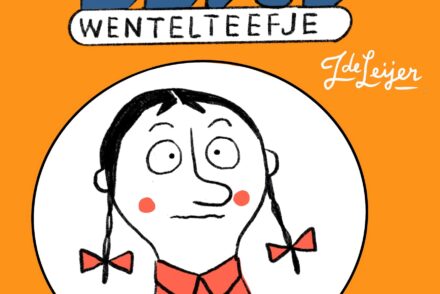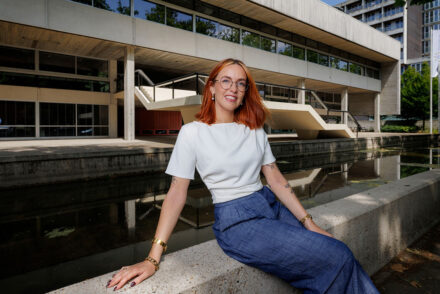Retrospective: Rector Magnificus on suspended PhD defense
A ‘perfect storm.’ This is how Rector Magnificus Wim van de Donk describes the situation in which PhD candidate Nathalie Swinkels was not awarded her PhD degree after her public defense. In other words: a number of unique facts and circumstances came together, resulting in this dramatic outcome. Now that the storm has died down, he and Univers look back. “It’s terrible and extremely exceptional what happened here. We have a homework assignment.”
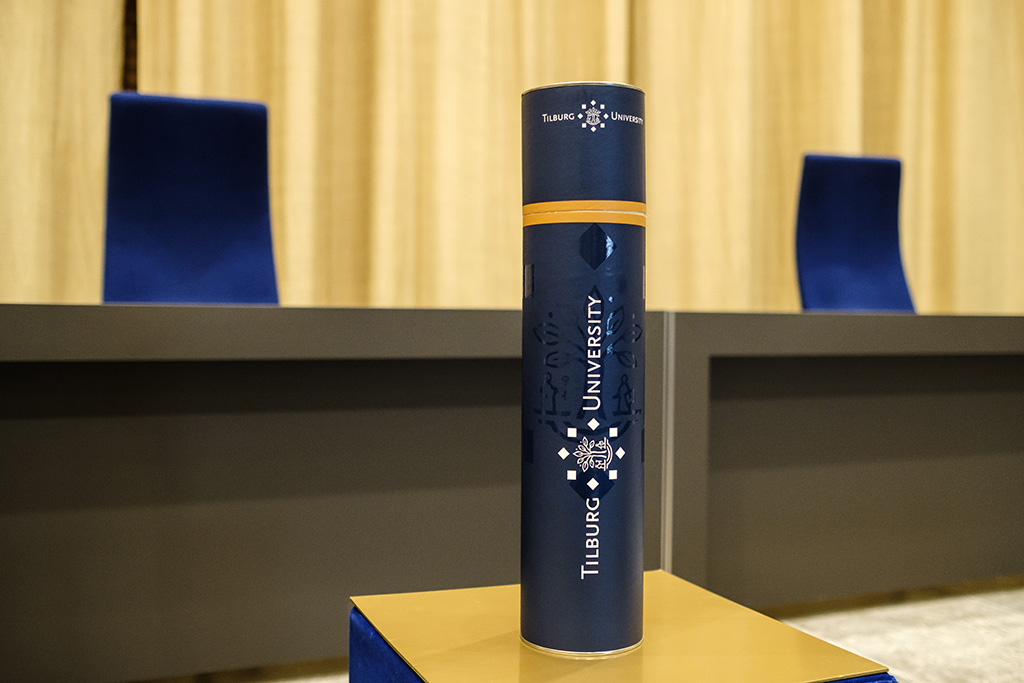
What was the reason or reasons that PhD candidate Nathalie Swinkels was not awarded the degree after her defense on November 5?
“The only thing I can say about that is that I heard from the chair of the PhD defense deliberation (Dean of the Law School Geert Vervaeke, ed.) that there was no majority in the PhD Committee to do this. I do not know the substantive reason. That deliberation is confidential. The defense apparently gave cause to make that decision.”
There has been a lot of turmoil about this because it also creates a lot of uncertainty. The question that keeps coming up: what happened during the defense that caused this decision to be made?
“That deliberation is secret, including to me, so I just don’t know. Normally such deliberations last fifteen minutes. If the discussion lasts a little longer, you know as a PhD candidate that a cum laude might be coming. The fact that the deliberation lasted an hour means that apparently there was a substantial discussion. That one was about the defense because the thesis had already been approved by the Committee members.”
So the decision not to award the PhD was made because of the defense and not because of the content of the dissertation?
“True. And therein lies one of the complexities, which created this understandable excitement. We’ve all been through a lot of PhD defenses. You are admitted to the defense based on the decision of the PhD Committee. There are groups that say: actually, that’s in fact always a festive gathering.
“There is also a group that says: that it is not. According to them, the defense does formally count in the decision to award the PhD, according to the law. One of the indications is that it can count toward whether or not a cum laude is awarded. That’s partly what the legal discussion is about now. What is the status of the defense?
“Traditionally, the disputatio, having the conversation about the research, is important in the academic tradition of the PhD. But I’ve already noticed that historians and legal experts have different views about what the role of the disputatio is.”
At what point were you contacted on November 5?
“Immediately after the deliberation of the Committee in which it was decided not to grant the PhD. Then I was informed by the chair of the PhD deliberation, together with the Beadle. I was shocked by this very exceptional situation. But I have to respect the decision of the PhD Committee. As Rector, I cannot say to the Committee members: you should not have done this.
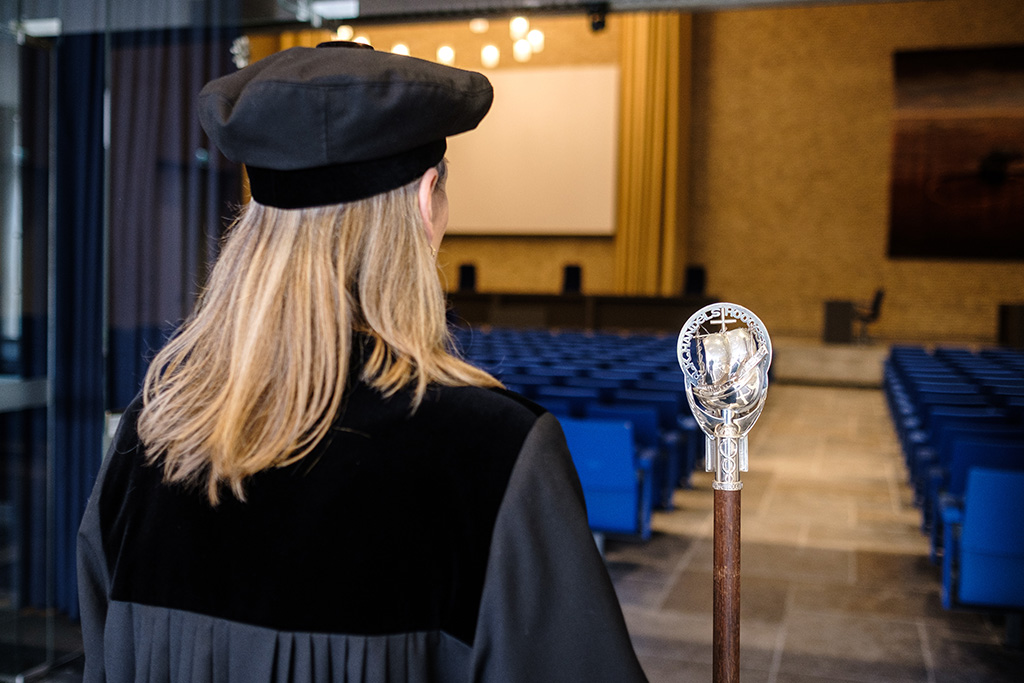
“It was dramatic on all sides. A ‘perfect storm’ I call it. A number of facts and circumstances that came together. And that is deplorable. It is terrible and extremely exceptional what happened here. First of all, for Nathalie and her family, her PhD supervisors, and also for the members of the committee and the other people involved.”
There was criticism of the role of the chair of the PhD Committee. How do you assess his handling of the ceremony?
“We have, of course, had probing discussions in the Doctorate Board about what happened here. I have asked Willem van Genugten (the chair of the second PhD defense, ed.) to look carefully at whether there are any facts or circumstances that show that something improper happened. Nothing of the sort has transpired.
“All of this, by the way, has left its mark on Geert Vervaeke. He was really affected by this event. After the decision had been taken, he asked me: how do we deal with this properly? There was no framework to hold on to. So, I suggested that the hearing be suspended, and that she be offered a second chance in a continued hearing.”
Jan Vranken wrote in his opinion piece on this PhD defense that Vervaeke organized a secret written vote. That really should not be possible. How do you assess that?
“Vervaeke was apparently confronted by a Committee that, perhaps even regardless of the vote, let it be known: we’re not going to go through with this. The regulations did not provide for the situation that arose. So now we are going to look at what can or cannot be done at such a time.
“The jurists consulted at the time ruled that this was not contra legem. That doesn’t mean that it’s all settled properly. A dispute has arisen over it and we need to resolve it. There must be clarity about the legal protection of the candidate in such a case. You shouldn’t want this kind of ambiguity.”
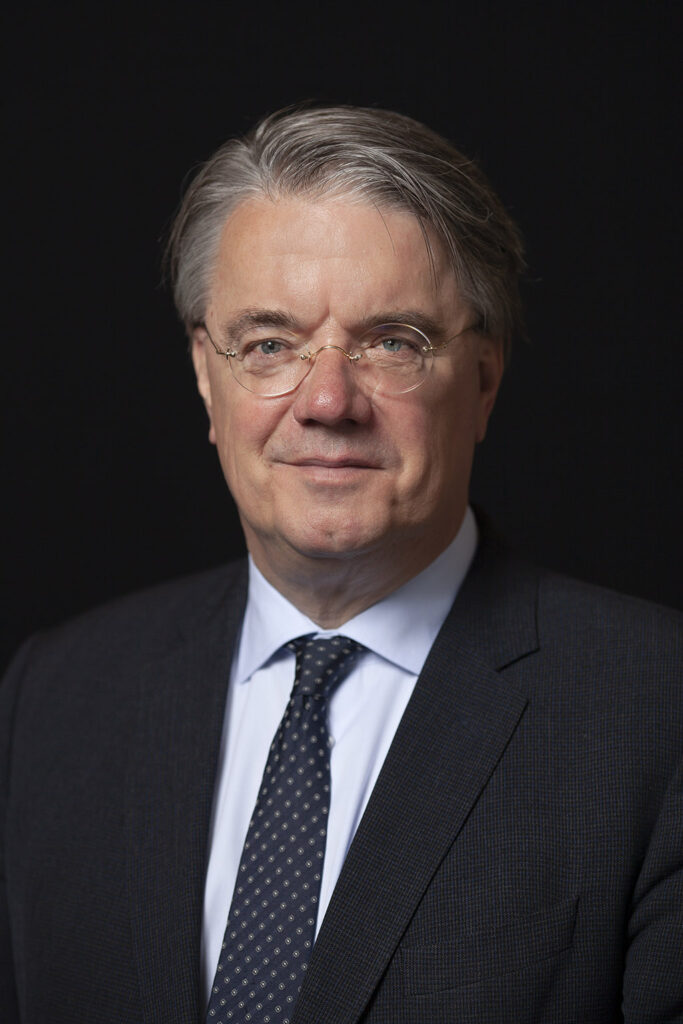
What is your personal impression of the course of the defense?
“I am cautious in what I say about that. In terms of content, I can’t judge it properly because it’s not my area of expertise.
“Let me say this about it: had we known about some personal circumstances earlier, we might have taken the measures now taken for the second opportunity. History will never make it entirely clear why that did not happen.
“I called her the next day and said: we are going to organize a second opportunity. I realize all too well that she had little choice in the matter, and a strong interest in doing so. But all things considered, this was the best option available.”
What actions were taken regarding the second defense on January 14?
“We offered Nathalie a coach. You can imagine that you are really knocked out for a while. She overcame that with his help and as a result she was completely ready for attempt number two. I have found Willem van Genugten willing to preside over the second defense ceremony, to bring some independence to it. Moreover, that ceremony was held in the Portraits Room and not in the Auditorium.
“Furthermore, the defense was in Dutch and the candidate was allowed to remain seated. The questions by the PhD Committee were asked in sub-questions. She received the questions neatly on paper during the session, while they were being asked aloud. So not beforehand, as someone tweeted.
“In that second public defense, Nathalie has had the opportunity to redeem herself. Everyone has now seen that she can do it. The same Committee said on that basis: this is up to standard. The PhD was then granted after all.”
The failure to award the degree has caused a great deal of unrest among PhD candidates. Should they consider that this could happen to them as well?
“That unease I understand very well. As a matter of fact, we removed that immediately, before Christmas. I asked all the Deans: inform supervisors of those who are now on the roll. Make it clear that no new generic reality has arisen here, but that this was a very special case. From now on, PhD candidates need not enter that Auditorium with additional worries.
“After I heard what had happened, the first thing I wanted to do was make sure that situation was resolved for Nathalie. The second step is learning lessons. Making sure we don’t go through something like that again. You can never prevent everything with rules, but the unrest and the lack of clarity that arose; we must remove those. In that, we have a homework assignment.”
The university wants to prevent this from happening again. What are the next steps?
“Willem van Genugten held discussions with all members of the Committee after the events of November 5 to map out what happened. That was a confidential deliberation, in which I was not present. I then asked him to work with some jurists to prepare a memo of lessons learned. We plan to discuss those with the Doctorate Board soon.
“In the meantime, I’ve been given all the flavors of the legal palette. From why it can’t be done to why it can be done (not awarding the degree after the defense, ed.). We are now going to calmly put these in order. It is an interesting discussion from a legal point of view, and we must conduct it properly. Then we will adjust the PhD Regulations.
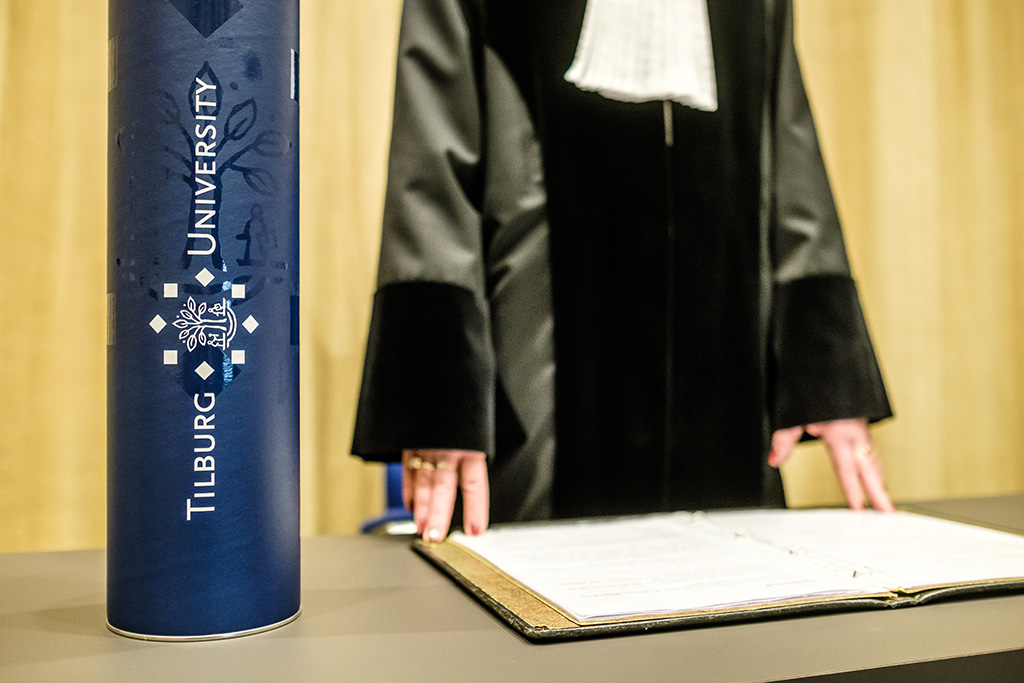
“To our own PhD network TIPP, to the Young Academy and to the national PhD network, I have promised that we will discuss that memo with them. And that we will draw the conclusions only after we have shared them first.
“I also submit the final outcomes to my fellow Rectors. I informed them that same evening. There were a few who said: this can also happen to us. So, the results are also very relevant for them.”
When can we expect that memo?
“As soon as possible. The first draft will be ready in March. It has to be done thoroughly, so we’re not going to do it overnight. Quite a lot has been written and said. We have spoken with Jan Vranken, for example, and we are also incorporating his arguments. The Directors of the graduate schools are also involved. Only then will we take a decision.
“We have to look closely at the law, at the practice, and at the legitimate expectations. Because why has this been so shocking? Can’t this be done, shouldn’t this be done? Some people provide legal arguments for that and others mainly cultural ones. We take it all in. The Doctorate Board is ultimately going to draw the conclusions.
“There are some lessons we really need to learn if we do not want to go through this again. We need to see what room the law gives us to adjust the Regulations. By the way, these are regulations that have been renewed as recently as 2019. So, you also can’t say it was some forgotten little article from 1875.”
What specific changes are you considering?
“It must be made clear exactly on what grounds a PhD can be refused. The legal status of PhD candidates also needs to be further clarified.
“You could add a rule at the time of admission to the defense: are there special circumstances that would require the candidate to have additional training? Maybe you should ask the question by default: is there sufficient precaution at the time that someone is going to do that PhD defense? Has the person ever talked about his or her work before, has there been a trial defense? You shouldn’t make rules on incidents, but quite a few good questions can be asked.”
Is there any contact with Nathalie Swinkels?
“With Nathalie I have good contact; soon she will come for coffee. Because of the coronavirus, we haven’t really been able to meet each other yet. I have developed great admiration for Nathalie. What has happened to her is terrible and how she handles it, I find that phenomenal. She really is a powerful woman.
“When we spoke, she said, ‘Wim, I only want one thing: for you to do everything you can so that this doesn’t happen again.’ I take that assignment seriously. We are now trying to remove as much ambiguity as possible from the PhD Regulations. Then perhaps what happened was good for something after all.”
Translated by Language Center, Riet Bettonviel




